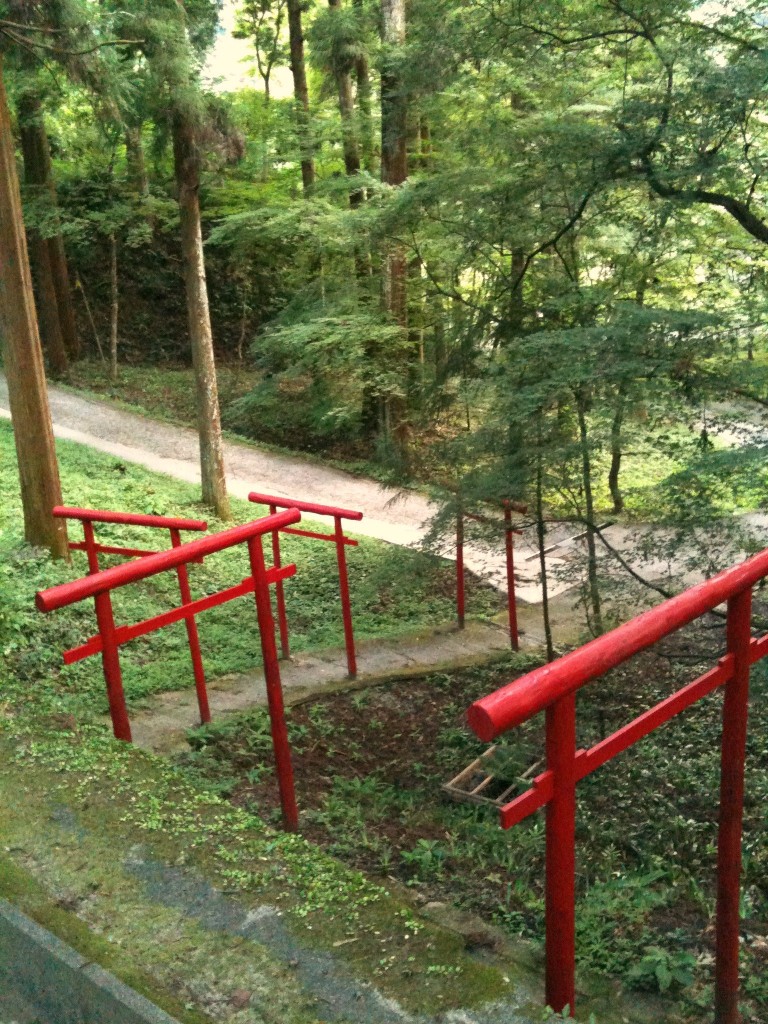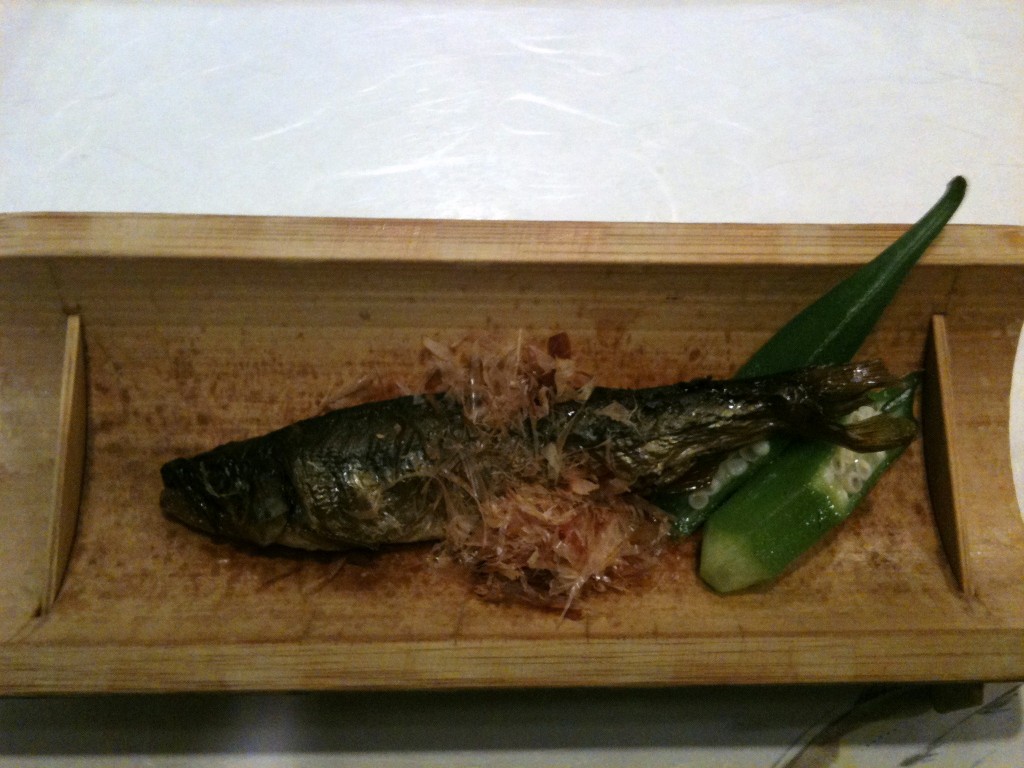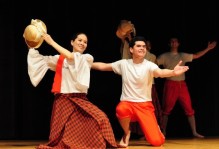Water clear as day
July 29, 2011 –Asuke, Aichi Prefecture, Japan
Now that I’d finally made it to Japan, sadly, my family came to the realization that this may be the last time all three of us would ever be together for a family outing in Japan. With me going off to find work in the next couple months and living on my own, we decided to make the best of it while we were here.
Soon after the ceremonies my parents decided it would be nice to go visit family in Japan, especially extended family that we really didn’t get a chance to see very often. One of the people we visited was my uncle Tetsuo, who lived way in the mountains of Aichi Prefecture in a small town called Asuke.
What strikes me as particularly interesting about this town was that it could easily be mistaken for a Japanese version of small town USA. Everyone in the town knows everyone else. But at the same time, for the countryside, it was a much different environment from what we in the States would call “country.”
Everything about the Japanese countryside just had a much greater sense of “cleanliness” and “quality” than anything I’d ever seen before in the States. For one, I’d never seen such clean water or such green trees in my life. Water was so clear that you could see to the bottom of creeks and rivers, something unheard of unless in the deep recesses of the Rockies or Appalachians.
Another example lies in just the sounds of nature that you hear around the Japanese countryside. What struck me as particularly interesting was that the sound of birds in Japan is actually quite rare. In the summer, cicadas drown out much of the noise of normal nature and to hear a bird call is a blessing indeed. Yet, even the sound of cicadas in itself is beautiful.
I think there was something in the green overgrowth of trees surrounding you and the noise of cicadas and the sounds of the rushing river by you that just screamed out peacefulness.
In essence, it really is hard to put into words. The Japanese have such a saying for food called “甘み”(umami), in a sense, I guess you could say that this was the umami, the good essence and vibe, of the natural forest around us.
Oh and the food, don’t even get me started on the food. There’s just something about Japanese food whether it be in the city or even out in the countryside that’s genuine and delicious. I think that some of it could be the fact that Japan is such a small country, that it’s not hard to ship local products in and around Japan. In a sense, it’s like Vermont, everything you eat in Japan was grown domestically and locally, and the result is a much more delicious, more organic, more genuine taste I suppose.
For Asuke in particular, the delicious food came to us in the form of Ayu, commonly referred to as “sweetfish” in English. It’s a type of freshwater fish that has two conditions for growth: first, it can only be caught in the summer when the fish thrive in country rivers, second said rivers must be clean, clear and otherwise pollutant/pesticide free for them to thrive. Seeing the quality of country rivers in Japan, I’m not surprised that Ayu can be caught so easily come summer time.
Maybe I’m wrong when I try to compare the countryside of the U.S. with the countryside of Japan. Both are unique in their own special way. But in a country that is known worldwide for the bustling metropolises and super-efficient (and sometimes loud) trains and cars, the countryside, only hours away, was surprisingly serene and peaceful.







No comments.
Comments are currently closed. Comments are closed on all posts older than one year, and for those in our archive.